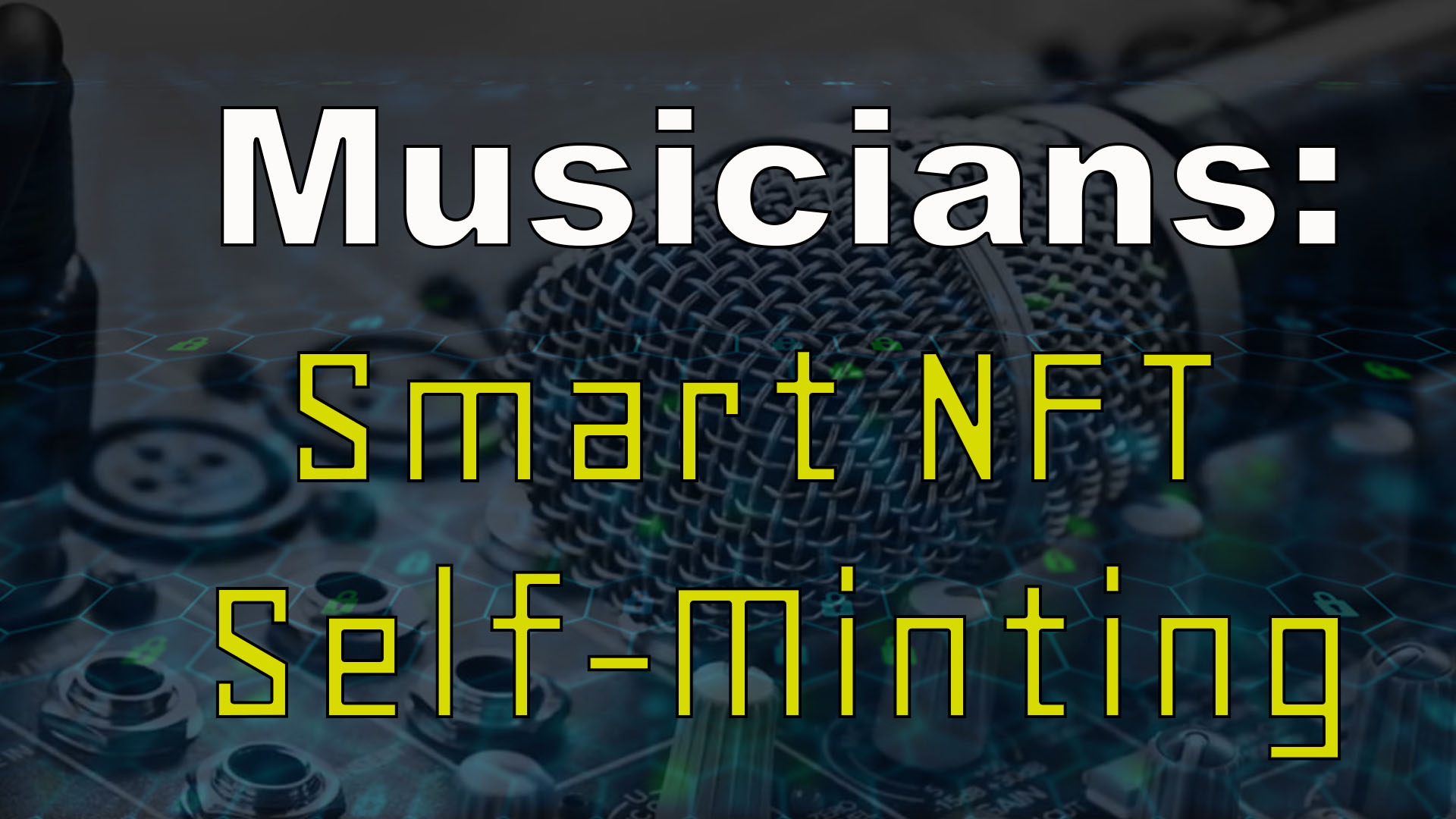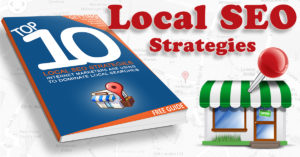We’re about to experience a disruption in the music industry that we haven’t seen in 20 years, since the launch of iTunes from Apple. It is said today in 2020 that value in music has essentially shrunk to practically nothing.
Revenue streams have continued to shrink as music grew into the digital era with MP3s, in fact the last decade has been the toughest in recorded history. While we live in a time that a musician can reach a greater audience, the technology to enable this has funneled profits to the Apples and Spotify’s of the world.
Music is Cyclical

Inevitably music has flourished us since the dawn of time, and in no time in the future will music resonate less with our souls. In fact, music will resonate with our SOUL more in the future.
The early history of the music industry dates back to mid-15th century and music was published back then as sheet music.
While the next 400 years saw many changes, more recently about 100 years ago we saw a similar pattern to what we’ve seen in the music industry in the last 10 years.
This pattern is important, because musicians saw their biggest cataclysmic crash the music industry had ever seen. Music distribution and creation essentially was completely threated by radio, and by the early 20’s, the music industry begun its biggest crash….until the distribution of MP3s.
Those music fans now had smaller, cooler gadgets to listen to new different music – for free.
It wasn’t until the 40’s the industry returned to the hands of the musician. It was a different time in the 40’s, culturally and spiritually – with world engaged in war – yet the music industry vastly changed.
Sound familiar yet?
If Napster Was the Mob – Spotify is Now the Bank
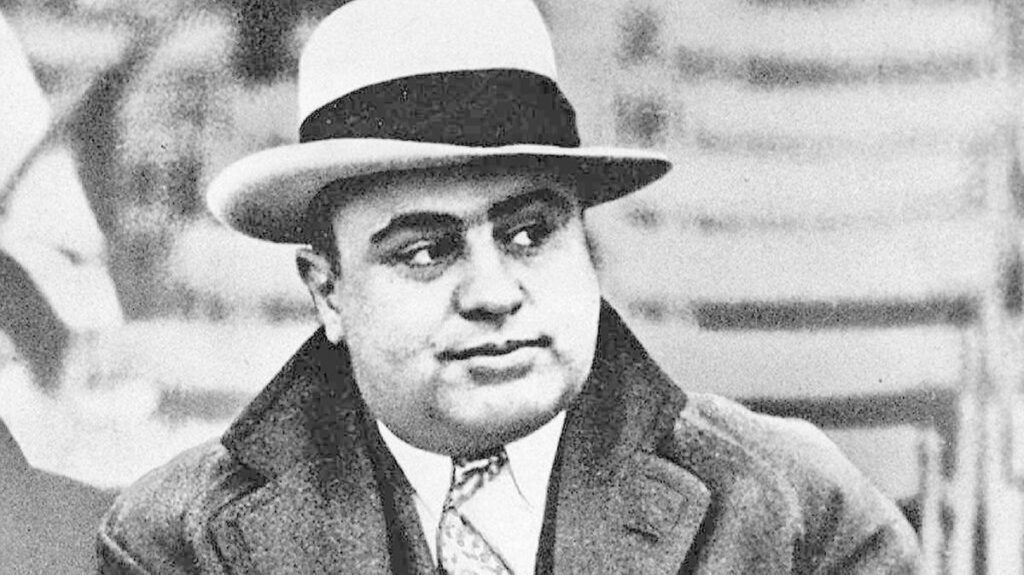
I was that kid in university that shut down the school’s entire network. It was the year 1999 and I was serving a collection of over 10,000 MP3s through different peer-to-peer networks. Interestingly the entire school only had a T1 line and in my dorm room I had so much traffic going on everything was at a crawl for more than month.
Then Napster came out in 2001. Bandwidths increased. The music industry was threatened by pirates exchanging their music….or so we were lead to believe.
Those involved in the early days of pirated digital music distribution figured out how to profit – and boy did they figure it out.
Steve Jobs, with his come back to Apple in 1997 made an impact with the new mac, but the real start of the Apple revolution was on April 28, 2003. This is the day the music industry changed.
Today moving into 2021, digital distribution platforms pay incredibly small fees to musicians.
We all now have cooler smaller gadgets to play an even larger selection of music for free.
Hmmm, the 1920 all over again?
Just like how the mob in my city of Chicago now own and run legal lending organizations, those early day pirates now make bank from the musicians – who are left with nearly nothing.
Live Music Was Alive – Until 2020
We no longer need to say what happened in 2020, we know. For musicians, they’ll know this was the year they did not play any live events.
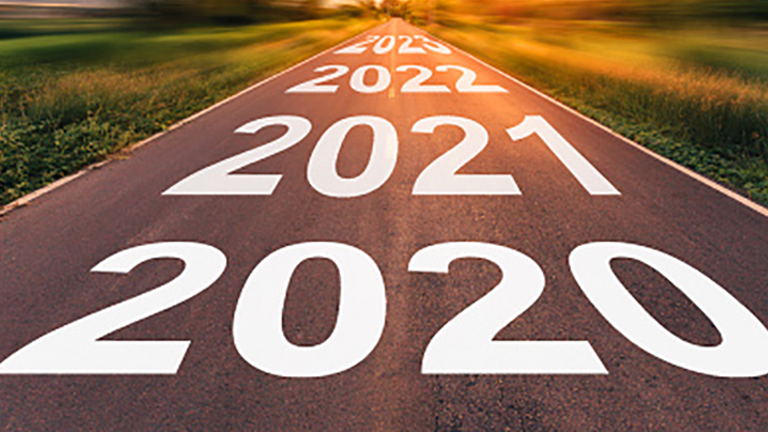
Coupled with 20 years of royalty decline because of digital distribution and a complete halt on live performances, musicians are no longer eating the fancy soup, they’re splitting the ramen over two meals.
In fact, before 2020, the highest number of Americans in history were attending live shows. A year later, and it’s the lowest in recorded history.
It doesn’t take a fancy hand on Google to find an abundance of articles written this year about how the music industry essentially is dead – it’ll be a find-groom-promote model.
They’re Dead Wrong – The Music Industry is Coming Back
The technology that’s going to change this is called a non-fungible token – NFT.
Before we go there, let’s look back to the cultural shift of the 40’s. During this decade, the world begun to heal. Families reunited and begun to work on their dreams again. The radio was commonplace and new technologies like TV and car culture begun.
Music drives feelings, and feelings lead to actions. The culture of control was brought back, and fans wanted control of their music. The technology of the radio didn’t cut it anymore. Fans wanted to hear their favorite bands, not what a DJ was playing. This drove the creation of the 8-track and cassette tapes, as fans wanted control in their cars as well.
The culture of drive-in theaters was born, car culture flourished, and the live music industry begun to run rampant. Events globally connected musicians in ways never seen, and fans raced to the music store to buy their album.
They were able to connect with their favorite artists, read exclusive content in the sleeves of the albums. Distribution was negotiated with each artist through an agent and a model was created that worked. Musicians made music, fans came, they got paid.
The Birth of the Solution for the 2020’s
It took a decade for cryptocurrency to start its change in the direction towards growth on the product life cycle. Somewhere in the last couple of years the technology that drives cryptocurrency, a blockchain, has begun to fit into place in solving some of the world’s problems.
Now it’s the musicians’ turn.
Let’s just start by assuming that trust and transparency exists with blockchain. It does exist, but this article isn’t about proving that claim. We just need to know what happens on the blockchain we can trust what the blockchain ledger is telling us.
Unlike Spotify’s algorithm, their fee structures and all those fine details in negotiating the payout for musicians, blockchain technology can solve this…and that piece of the blockchain technology is called NFTs – non-fungible tokens.

Essentially, an NFT is something digital that is
unique. I play a game on the Phantasma Blockchain called 22 Racing Series. In this game, I own the #20 of 22 Bronze cars
in the entire game. No more than 22
owners of this special series car could exist.
Nobody will ever race that car without my permission. This car will develop a history and have real
value – if the game does well.
I can sell that car on an NFT marketplace.
There are several to choose from, I have my eye on Ghost Market. An NFT provides unique ownership in a market,
which then means there is real value to it.
A musician on the other hand could know exactly where their music is being played and when, on a transparent open ledger. A contributor to a song who negotiated a percentage could know and instantly get paid for each unique play.
A band could sell a ticket to a concert, include ownership of a unique track not available for radio play and track and provide the experience all on a single blockchain.
A musician will soon create the world’s first collaborative internet song while each contributor gets their equitable share in the proceeds.
so @PhantasmaChain's instant NFT Minting is right around the corner – here's what Garth from @22RacingSeries talked about at @badcrypto 's NFT Day not too long ago about how this technology might change the music industry! It's happening…. #NFTs #NFT #blockchain #NFTmusic pic.twitter.com/2gAvr56jng
— Gallagher (@scottgallagher5) October 27, 2020
A band can easily create and sell a single unique piece of digital music – one copy – of the song. The WU did this and brought in $2M for a single copy. But this is digital.
The value of owning the record of the previous owner, the creator, is forever etched directly into the musical composition.
Because of the digital nature of the media distributed, artists can infuse NFTs with true crypto currency to forever instill value backed by a digital form of money.
We Don’t Know What We Don’t Know
This is the most dangerous quadrant in the circle of knowledge. I mean, I know what I know about music. Humans need it and people are compelled to create it – but in a capitalistic market, musicians need to live. They need the fundamentals from Maslow’s hierarchy of needs – those physiological and safety needs.
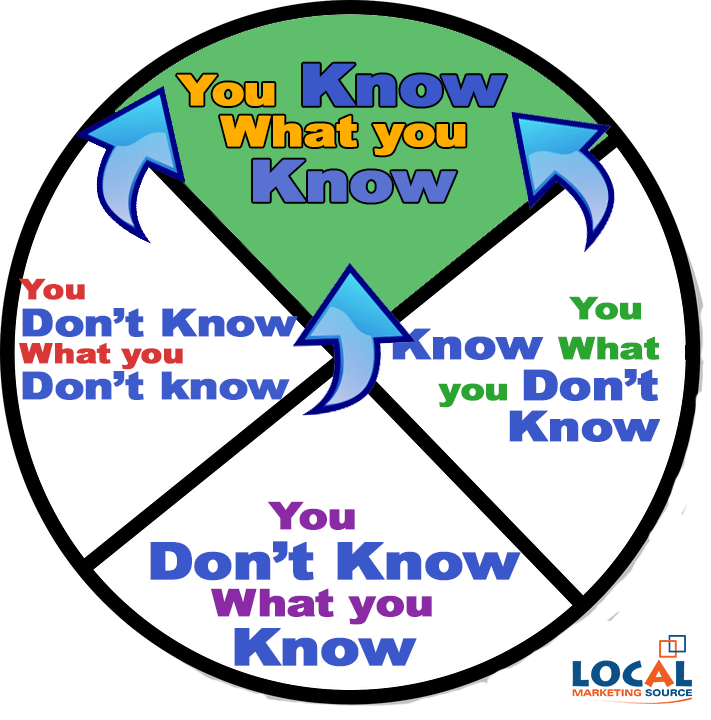
What I don’t know what I don’t know is the future of music. It simply cannot sustain itself in true form – where music is created by the heart.
What I do know is real music created by the heart will be adopted by the heart and not a-corporate-find-and-push-market of musicians will not work in the long term.
Technology has always been there to solve problems, and it’s clear to me that NFTs will have its place in the music industry.
The Smart NFT and the Musician
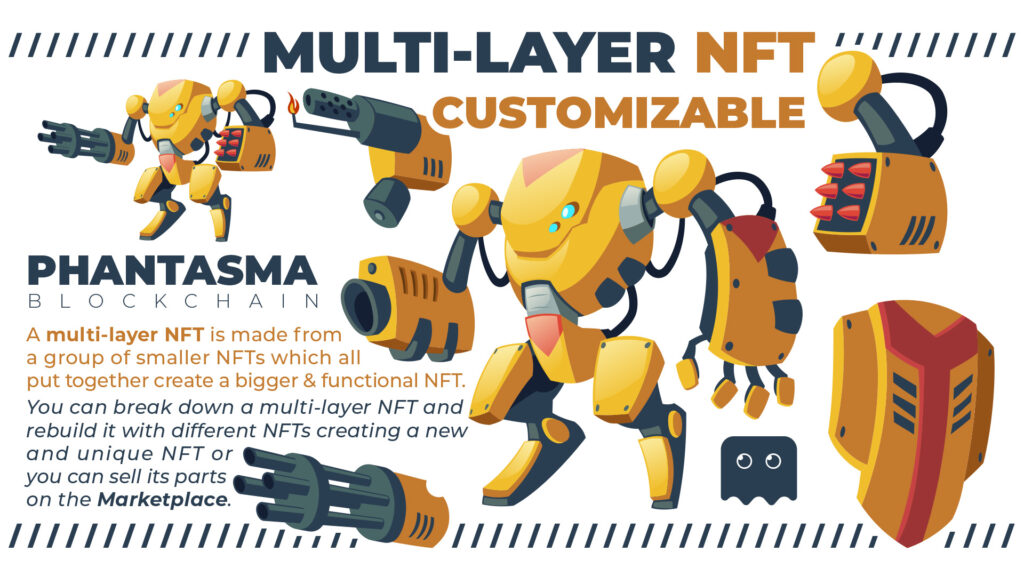
A musician recently approached Phantasma Chain to discuss the upcoming launch of Ghost Market’s Self-Minting feature. The musician, Jesse, was so inspired he started a music related NFT channel on YouTube….and launched the #soulchallenge.
You’ll need to watch the entire video to grasp the concept, however it goes something like this.
Without disrupting any existing distribution channels (that won’t buy coffee for a majority of musicians) like Spotify and iTunes, an artist provides a new distribution channel by offering an NFT version of their music.
This of course is for super fans, or investors in the artist. You see, the birth of Napster demonstrated the needs for compressed audio – making a music file much, much smaller in order to be streamed in real time. When a musician originally recorded the music, an incredible amount of time was invested in creating the master – the quality delivered with uncompressed music.
The master is of superior quality compared to the compressed MP3s and audio files of Spotify.
Couple the degraded quality and lack of ownership, an artist offering an NFT version of their music overcomes these two major pitfalls.
Once a musician does what real musicians do, create and connect with loyal fans, this new distribution channel can only further propel that relationship, and provide a solid, unique new revenue channel to the musician.
Imagine a superfan owning a single copy of the digitally mastered album, like Wu Tang did in 1993 by selling one copy of their album for $2 million.
Or an exclusive super fan club where only 100 spots are available, and each spot owns a copy of only 100 high quality mastered album.
What I don’t know is how the industry and fans will adopt this technology. I do know it’ll happen. I’m betting on it, and investing in it.
I can’t tell you what to do with your investments, I just know the more I learn about NFTs the more I am understanding a digital ecosystem.
